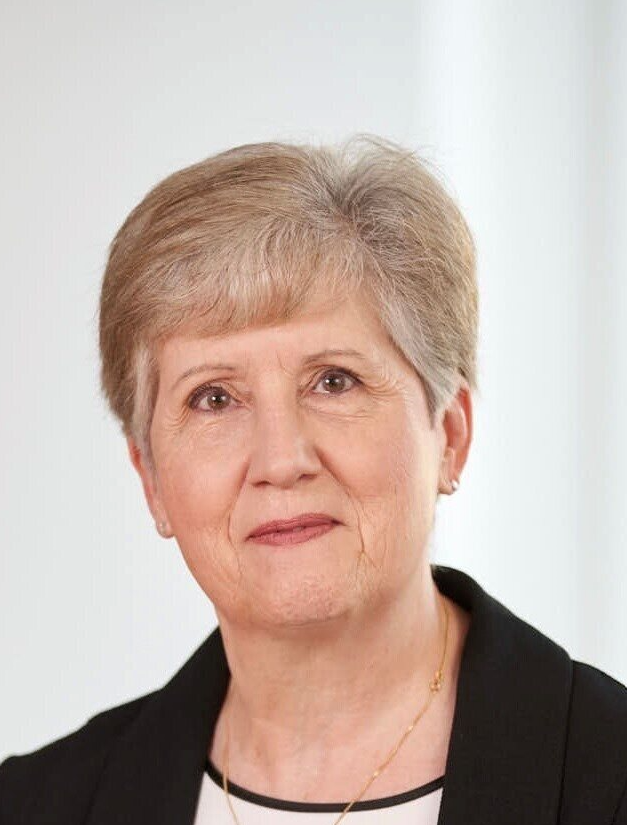A group set up to help protect pension scheme members from scammers is considering its future role and funding options as its chair admitted the body is “ultimately unsustainable in its current form”.
The Pensions Scams Industry Group (PSIG), which was established in 2014, has launched a industry wide consultation titled ‘Evolution or Extinction’ to decide its future.
With multiple successes under its belt, PSIG has developed and maintained a highly regarded code of good practice, created a ‘Pension Scams Industry Forum’ with a 100-strong organisation membership, regularly shared information on threats relating to dodgy dealings and set out the need for regulations to give trustees and providers greater power to stop scam transfers.
The group is also currently working with the Department for Work and Pensions to review these regulations to improve their effectiveness.
PSIG chair Margaret Snowdon OBE said: “When PSIG launched, our intention was crystal clear – to get to such a point that we were no longer needed – that scamming had been addressed and was no longer a serious threat, the industry followed good practice on scams protection, and lives were no longer being ruined. We have been tremendously successful.”
With the independent organisation marking its 10-year anniversary this year, Snowdon said it was a good time to assess the benefits of the group’s work, and whether the body is still fit for purpose and valued.
“It is also important to really look at what has been done so far, and what could be done and what that would take to succeed,” she said.
The consultation will run from 1 May to 31 July 2024 and is aimed at pension trustees, advisers and administrators as well anyone else with an interest in protecting pension scheme members from con artists.
Snowdon explained: “The consultation is comprised of two parts, the first covering the potential value offered by PSIG and the second covering potential funding options.”
She emphasised that the body is a voluntary, multi-disciplinary, industry group, whose volunteers have “worked tirelessly, in their own time, to contribute their expertise and produce the excellent guides and codes of practice we have delivered to support the pensions industry and government itself”.
She added: “We have set the standard, so we now need to decide whether we’ve done enough, whether we continue our work, or in fact whether we need to develop it further. Without a basic infrastructure, the burden on our volunteers is considerable and, quite frankly, PSIG is ultimately unsustainable in its current form. To continue to address the evolution of scamming on behalf of the industry, we need resources, and we urge industry to complete the survey and feedback to us.
“Unfortunately what is often the case, in many industries, is that the value of an independent body can often become taken for granted, simply because people do not understand the level of commitment required and the sheer volume of the work involved. We are willing to keep going, we want to keep protecting members from losing their hard-earned pensions by helping the industry to combat the scammers, but we need more help. It’s really up to the industry now to decide.”












